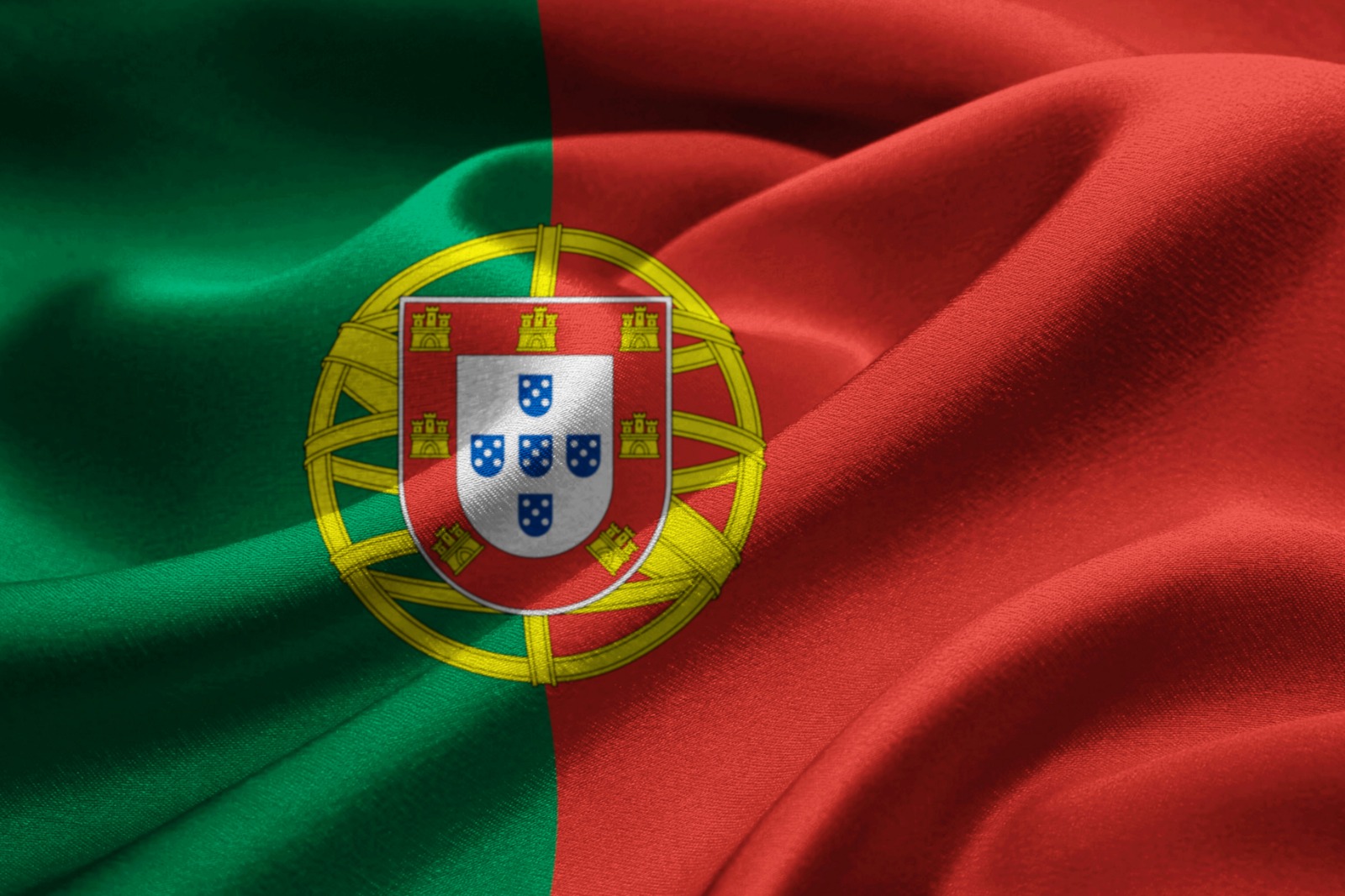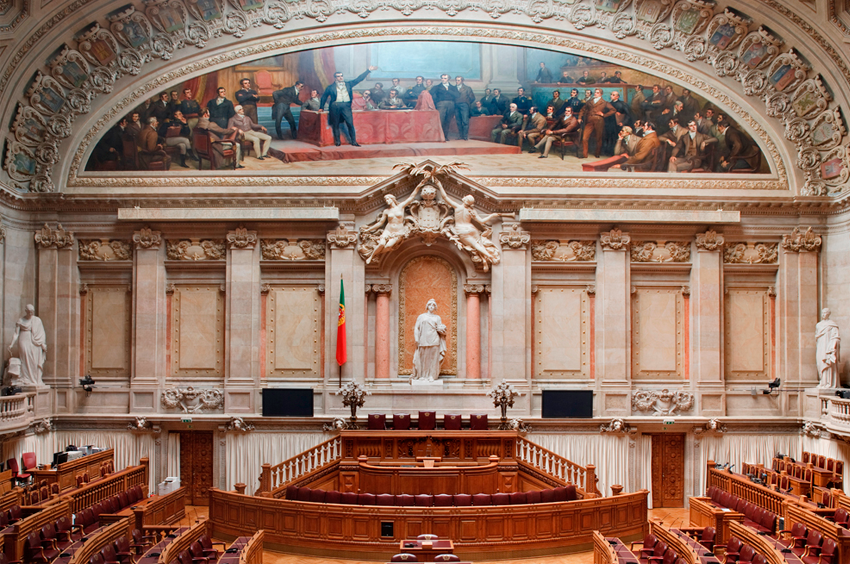Transmission of Nationality: what changes with the new proposal from the Portuguese government?

By Isabel Comte
In recent weeks, the proposed amendment to the Nationality Law — Bill No. 1/XVII/1st — has caused concern among the Portuguese-descendant community around the world. At issue are the rules applicable to the transfer of Portuguese nationality to minor children and spouses of Portuguese citizens.
First of all, it is essential to clarify: the mechanisms currently in force remain valid. Articles 2 and 3 of the Nationality Law continue to allow minor or incapacitated children of naturalized citizens to acquire Portuguese nationality by declaration of will, thus following the parents' situation. Likewise, the spouses and partners in a de facto union of more than three years with Portuguese citizens maintain the right to nationality under the same conditions.
These provisions enshrine the principle of family unity, a central value of our legal system. Nationality is not just a legal status: in many cases, it is the reaffirmation of an emotional and identity bond that spans generations.
The government's proposal, however, introduces new criteria for effective connection to the Portuguese community. Among the requirements now suggested are:
- sufficient knowledge of the Portuguese language and culture;
- understanding the rights and duties associated with nationality; and
- adherence to the fundamental principles of the Democratic Rule of Law.
These requirements do not revoke existing rights, but seek to ensure that new citizens have a lively and participatory relationship with the national community. As currently drafted, the proposal provides that these conditions will only be applied after specific regulation, which should consider, among other aspects, the particular situation of minor applicants.
This debate is not just legal — it is deeply symbolic. For many families, the transmission of Portuguese nationality represents the continuation of a cultural and emotional heritage that transcends borders. It is therefore essential that legislative changes are accompanied by clarity, balance and respect for the history of Portuguese communities abroad.
Portugal was also built outside its borders. The law must recognize this.

"Because of a controversy, they are changing a historical reparation," says Isabel Comte.
The proposed changes to the Nationality Law in Portugal remain at the center of public debate, even after the decision […]

"The Constitutional Court gave time, it didn't change the law," says a lawyer from Martins Castro.
The recent decision by the Portuguese Constitutional Court, which blocked key parts of the government's proposal to tighten access […]

Nationality for minor children: why is the process usually simpler?
Among the various pathways provided for in the Portuguese Nationality Law, transmission to minor children is usually perceived as a […]